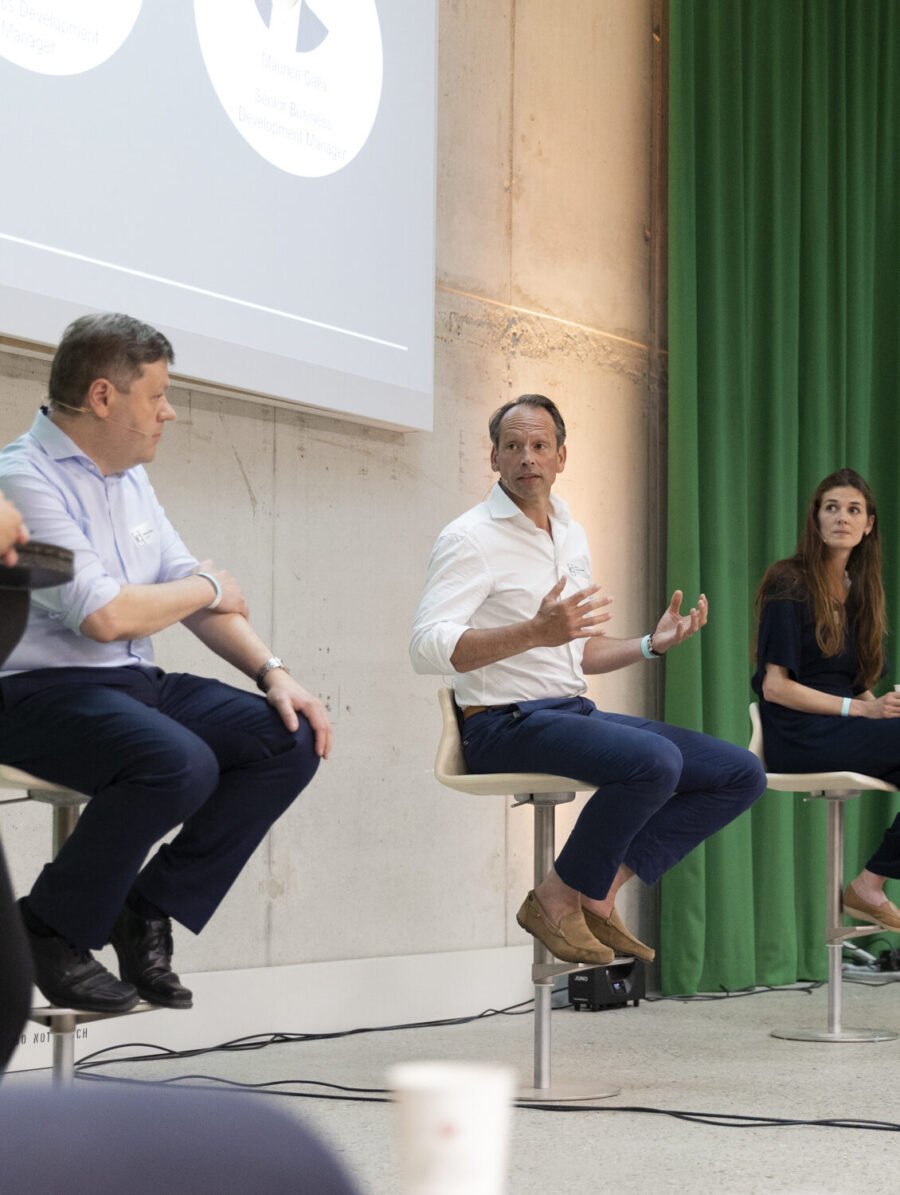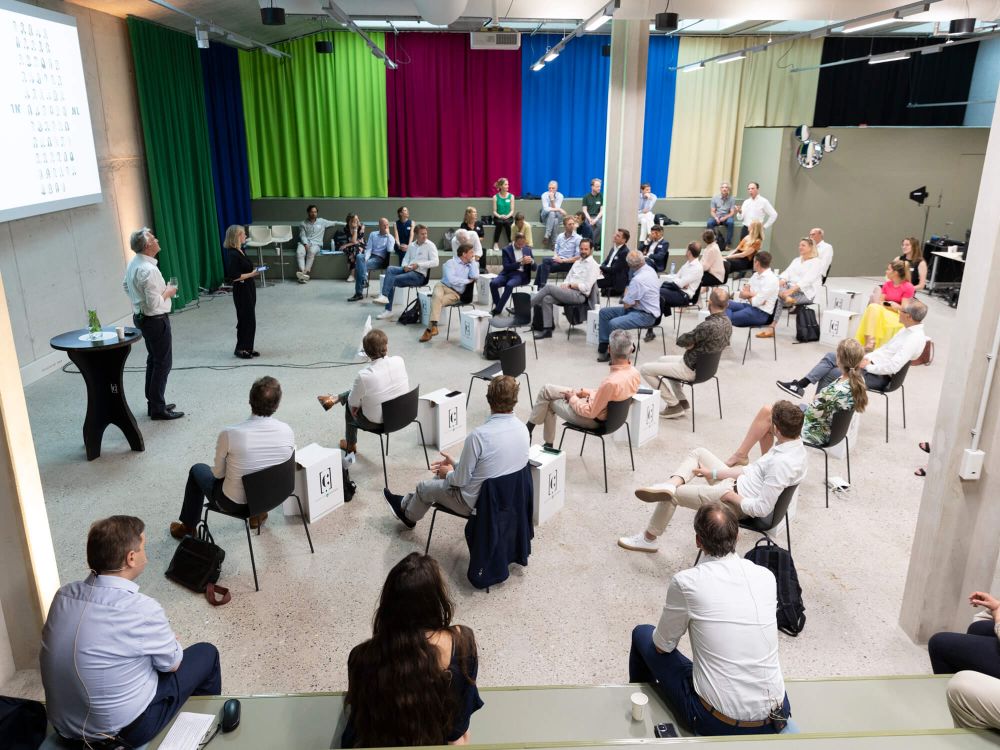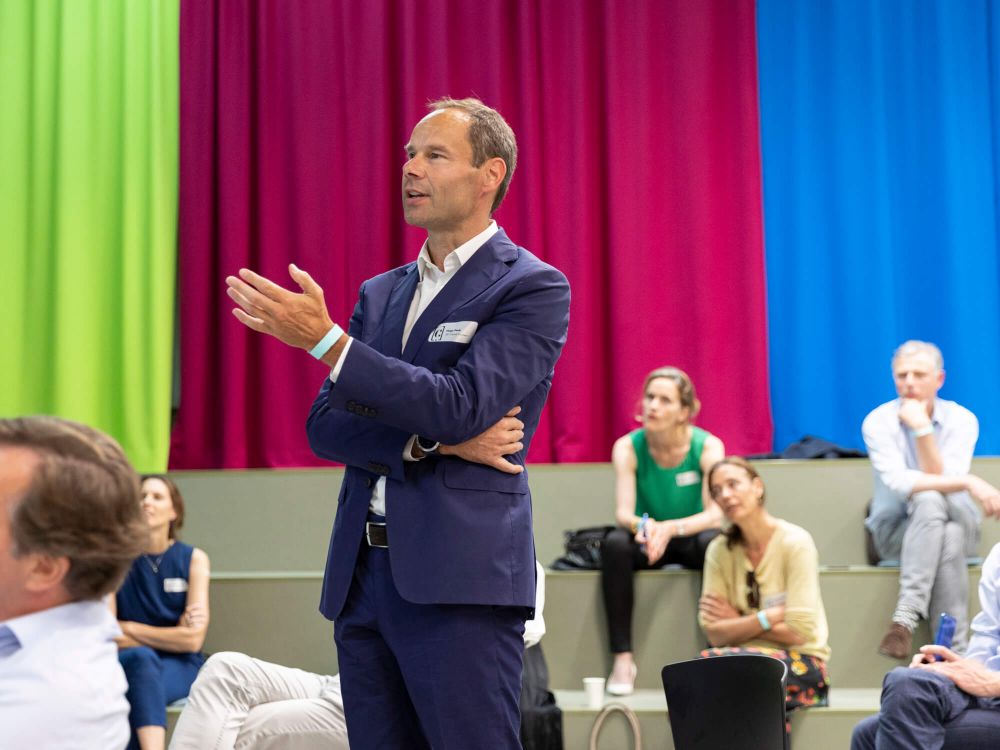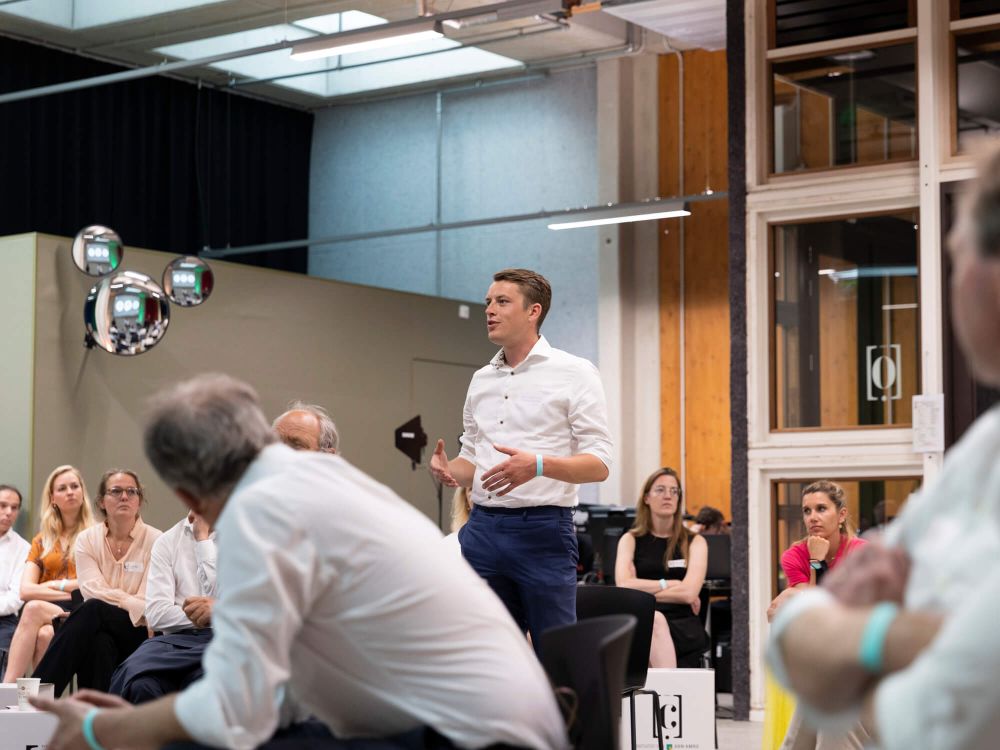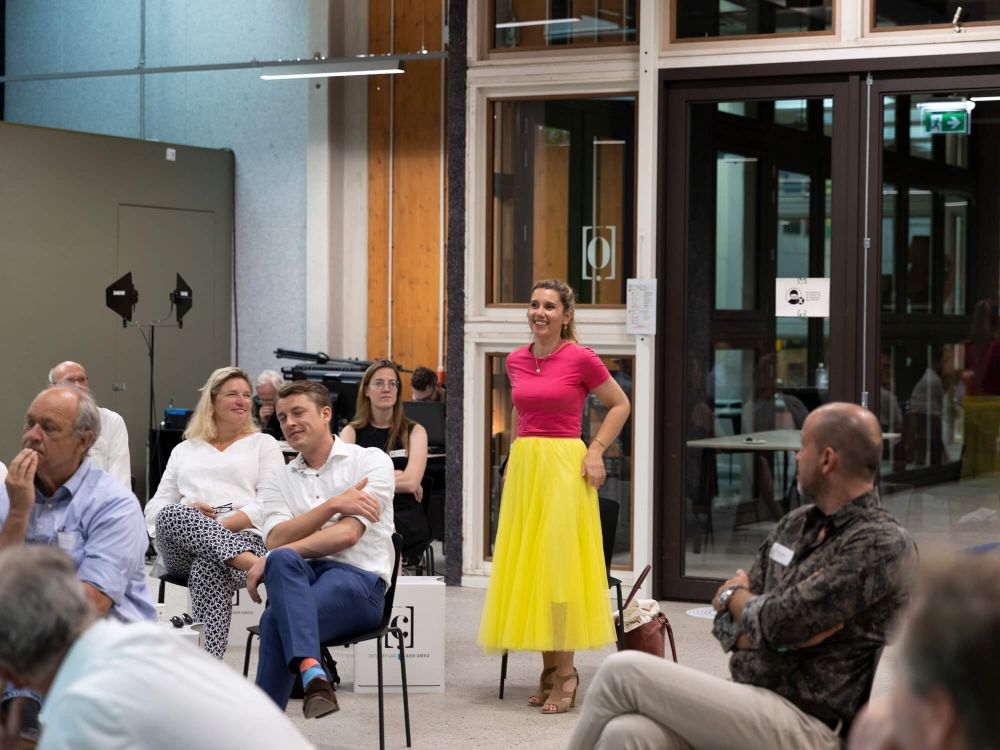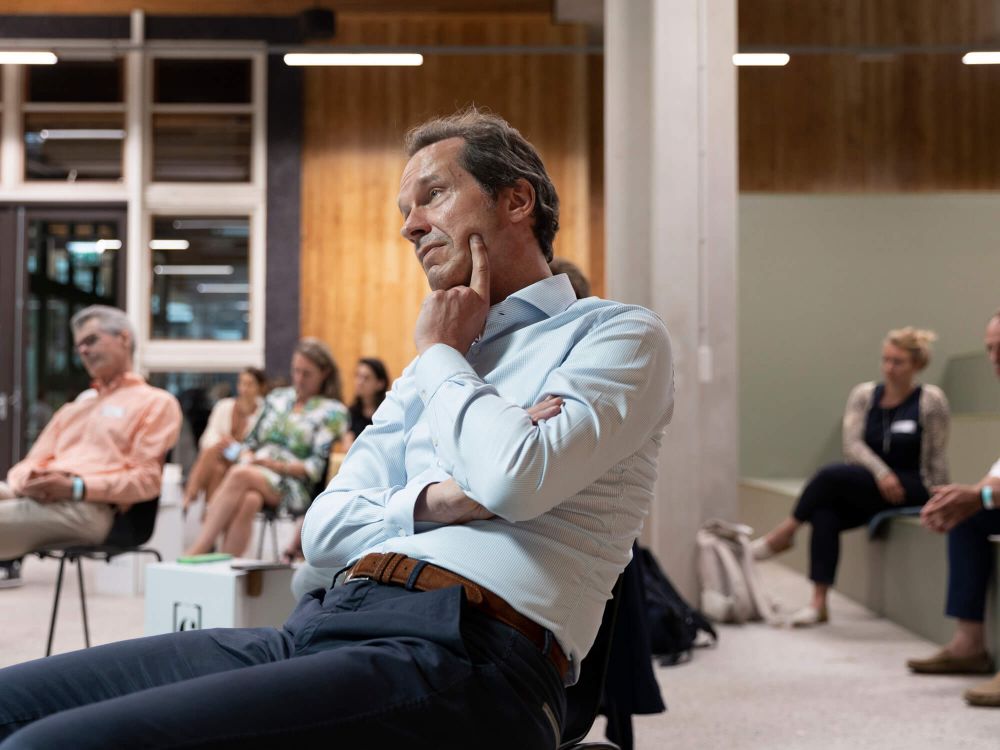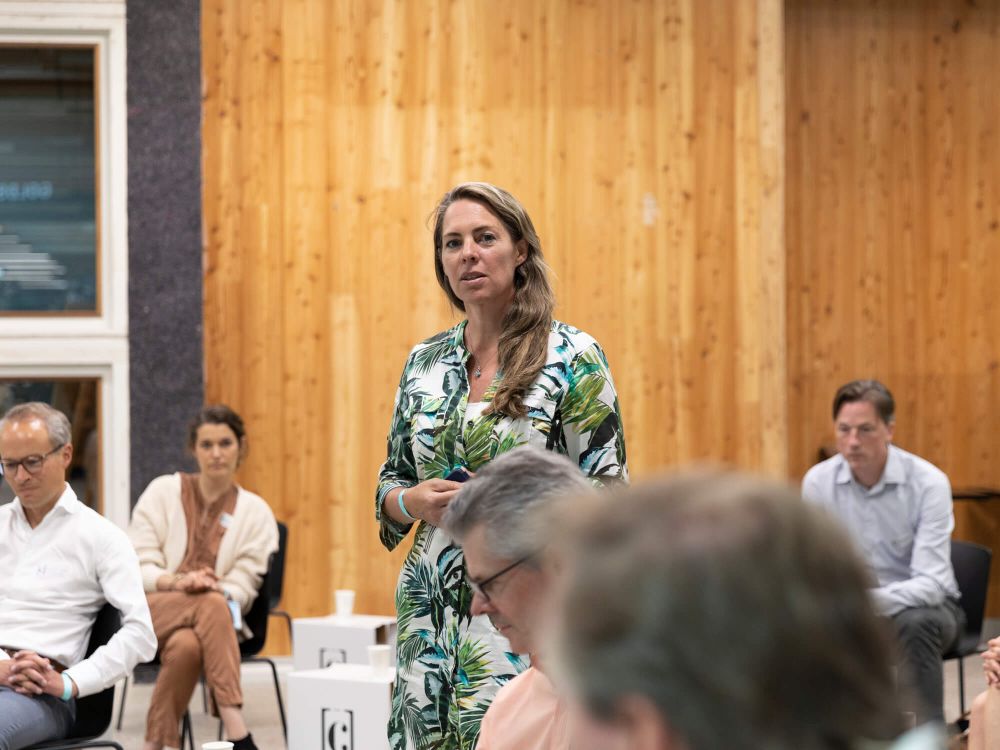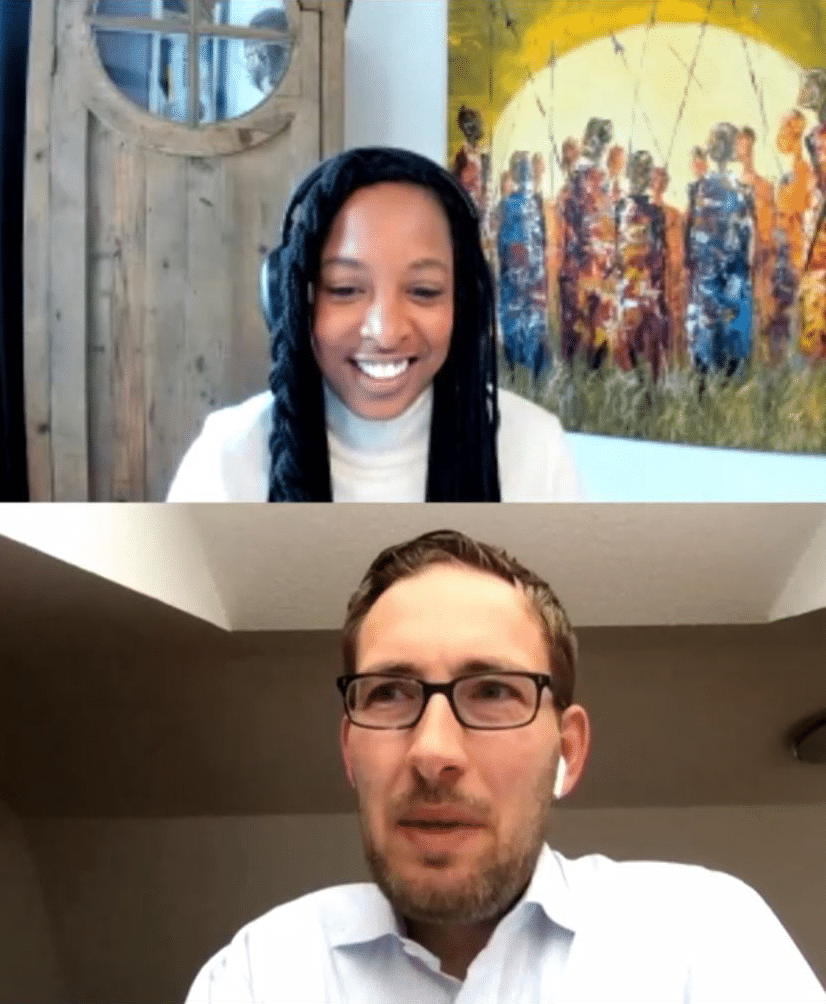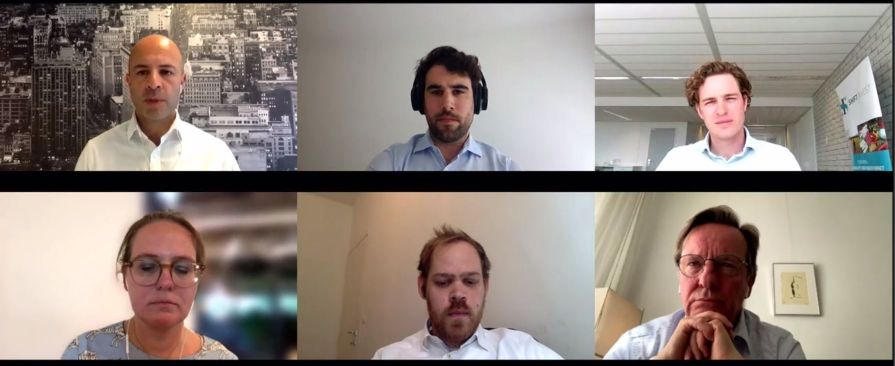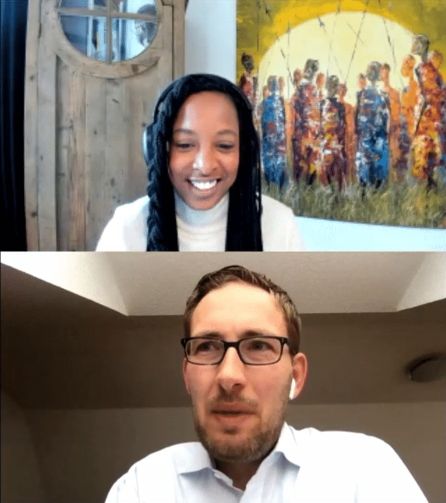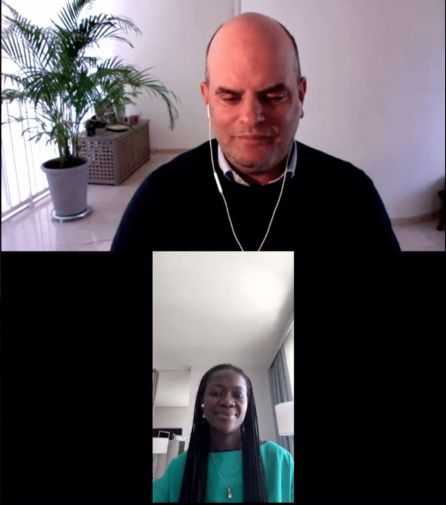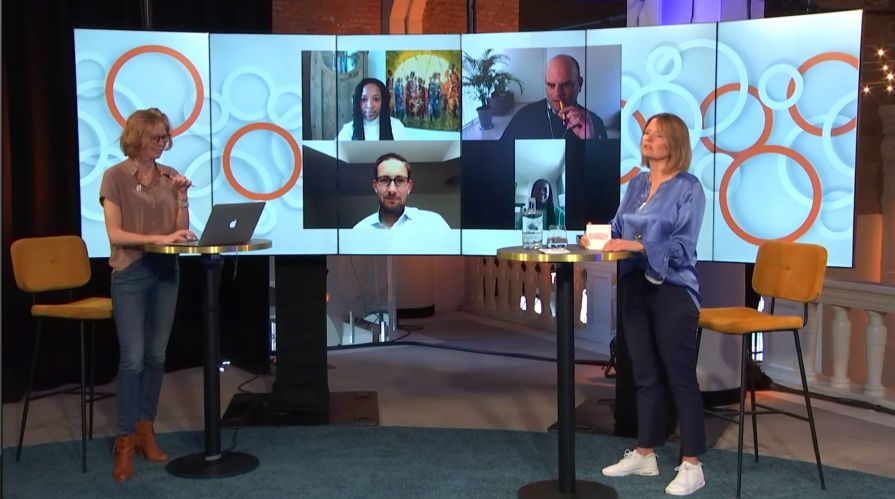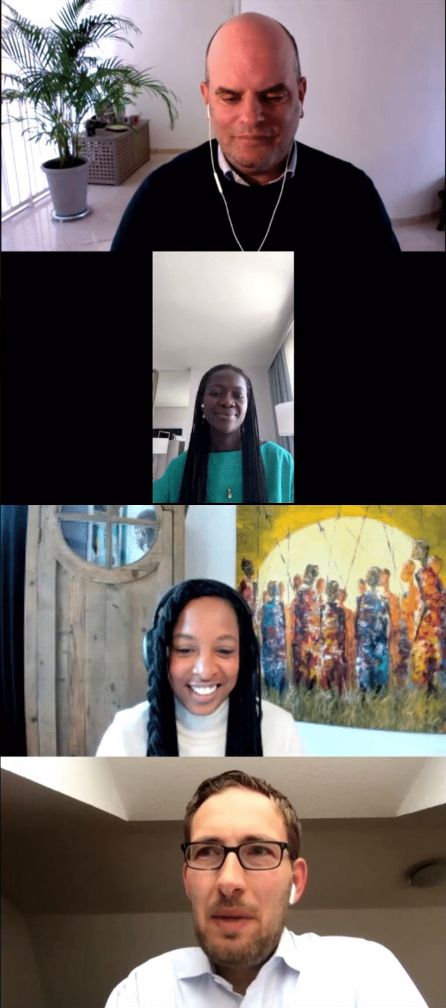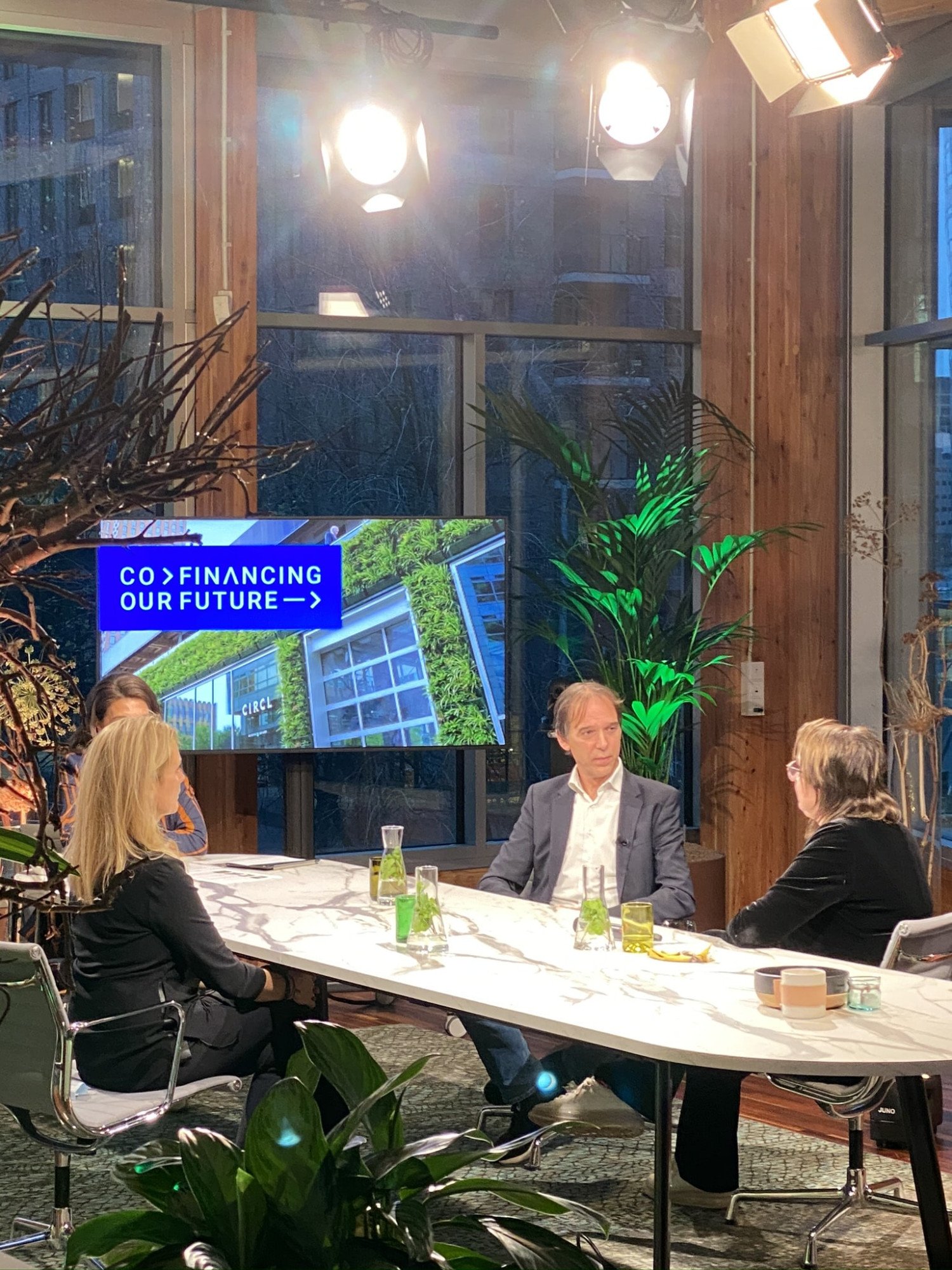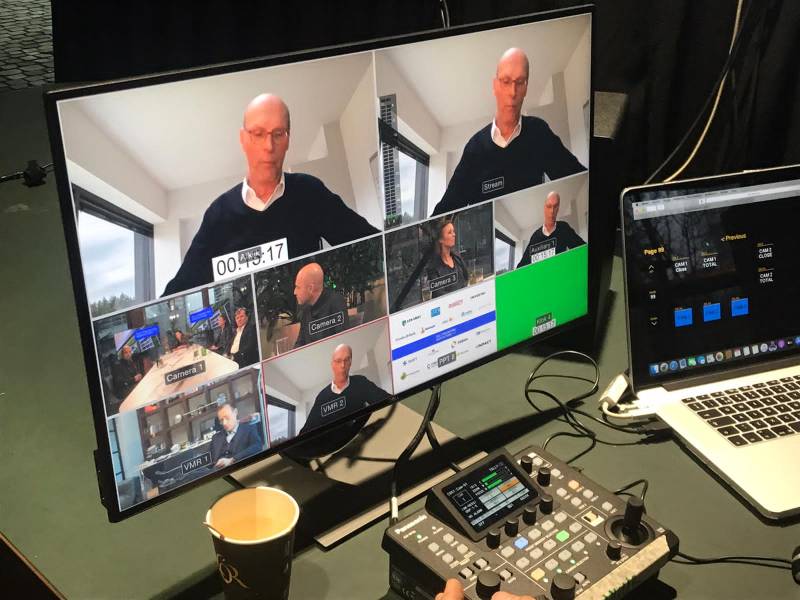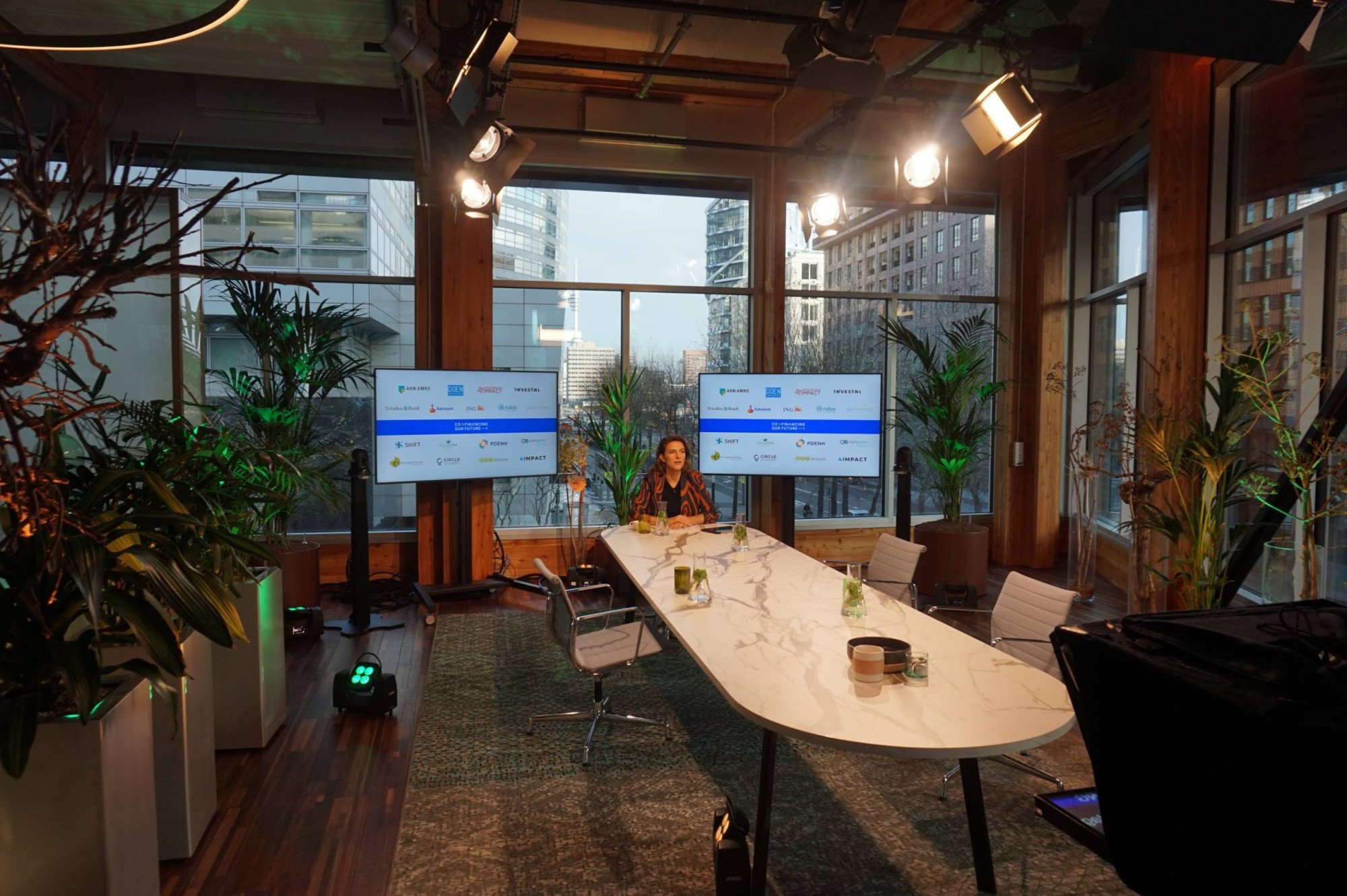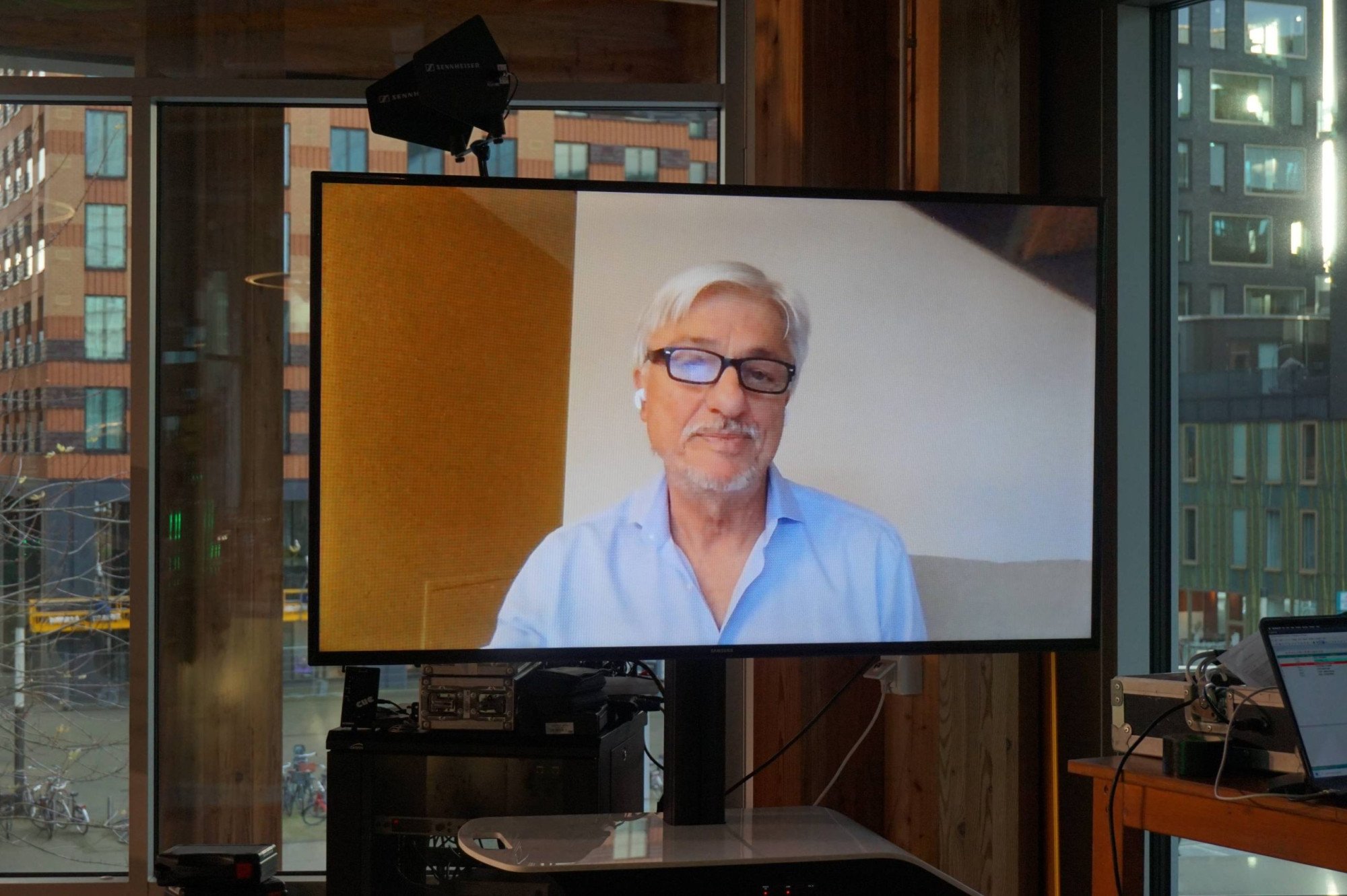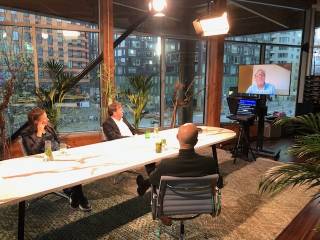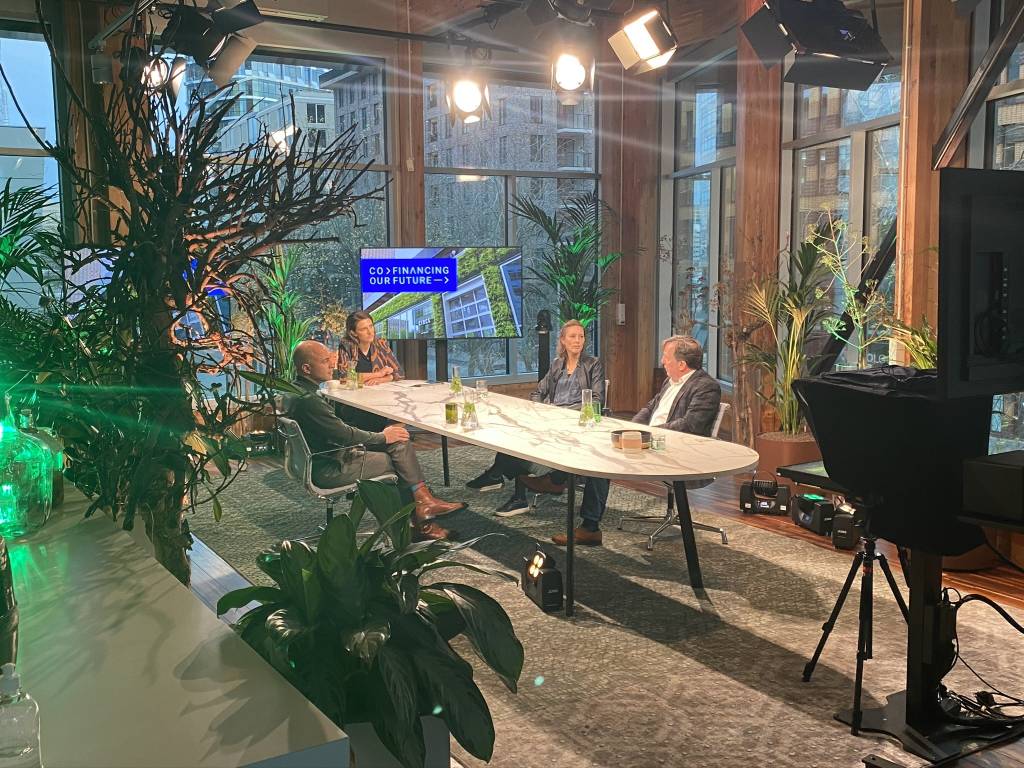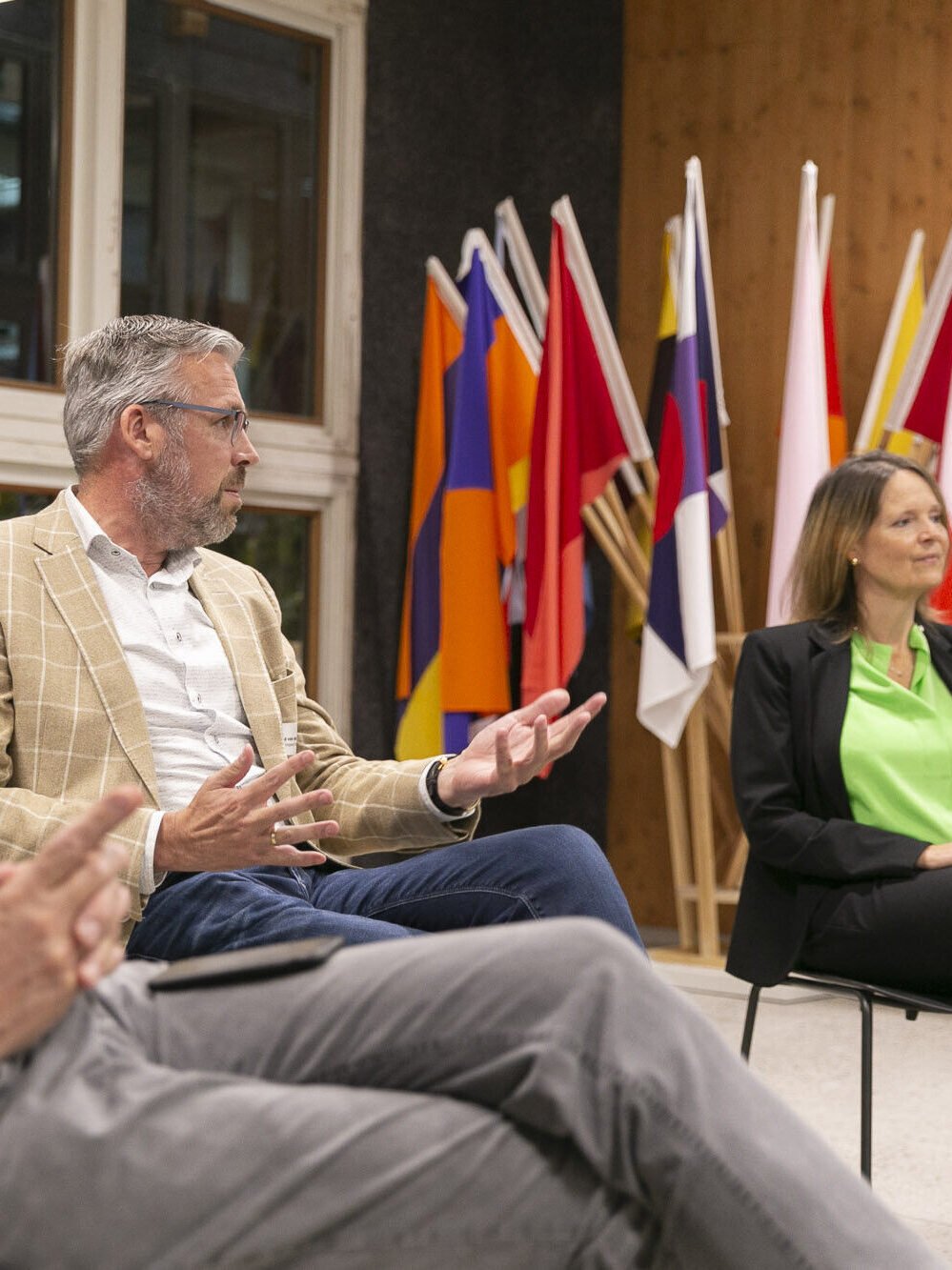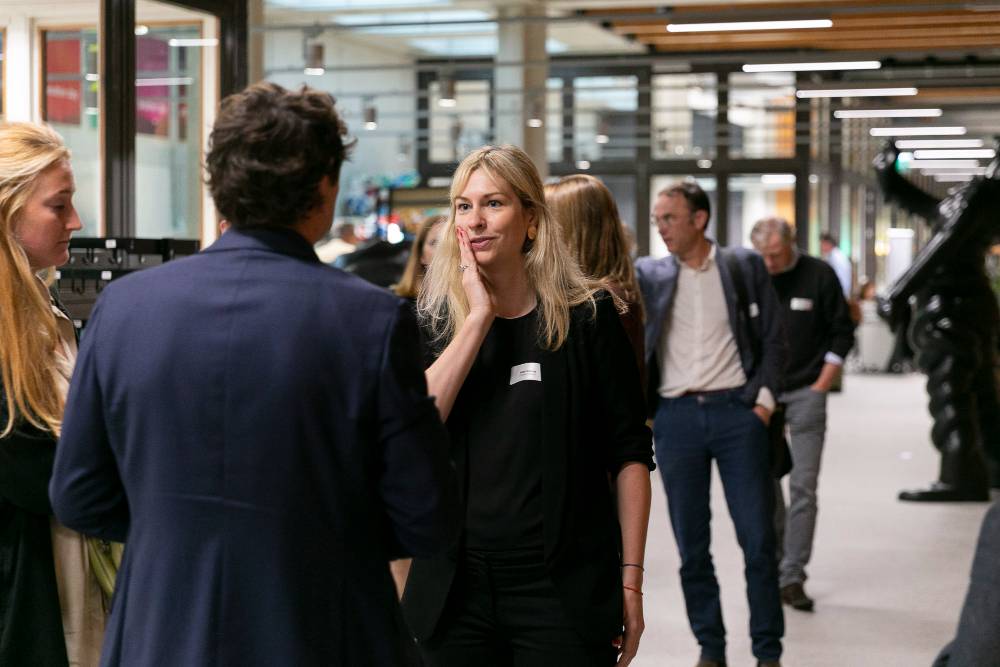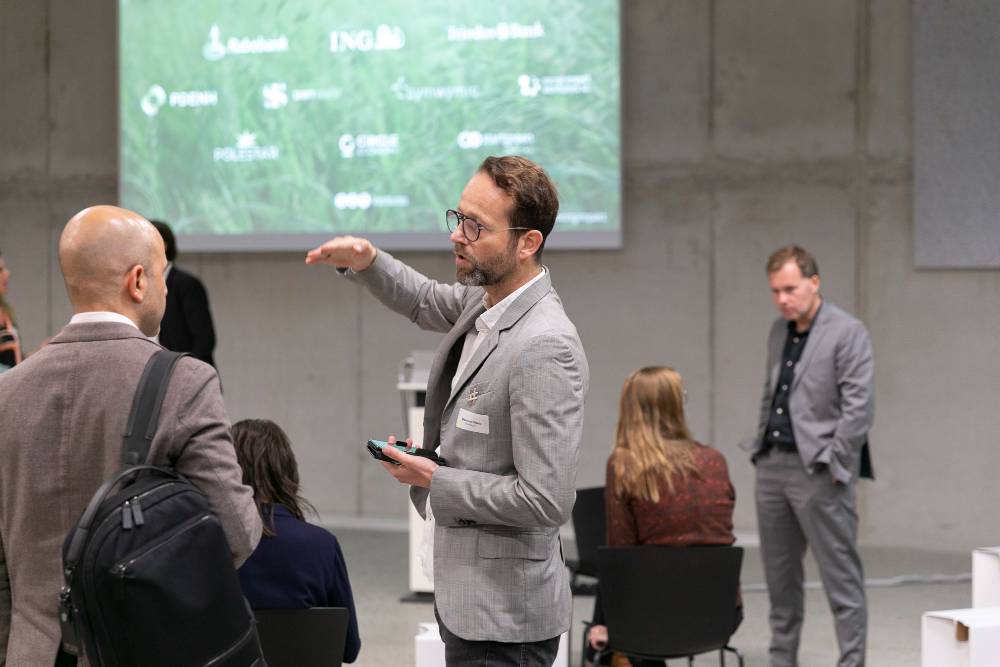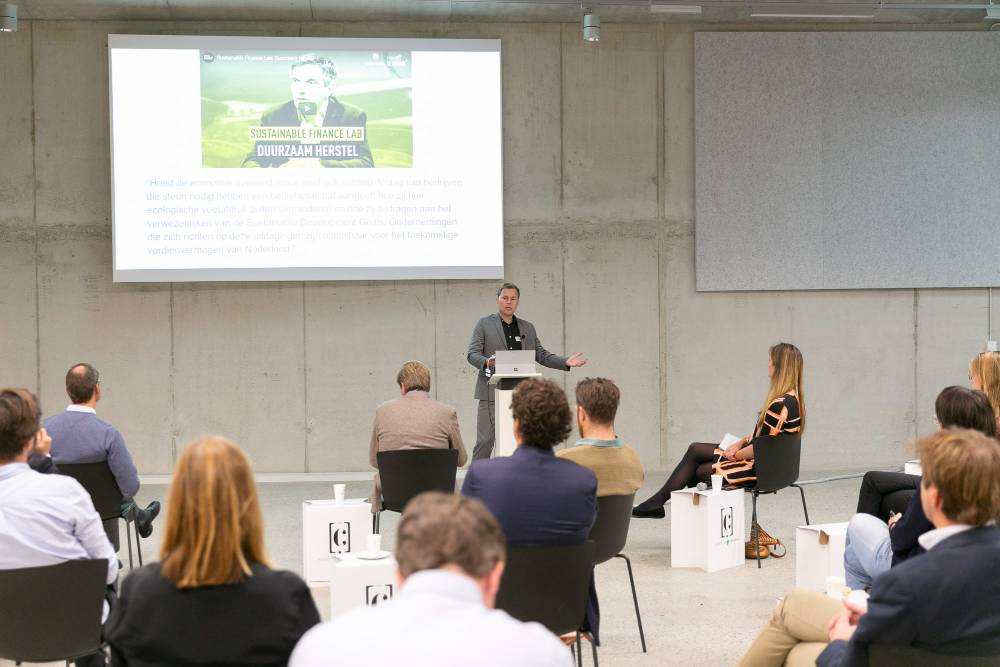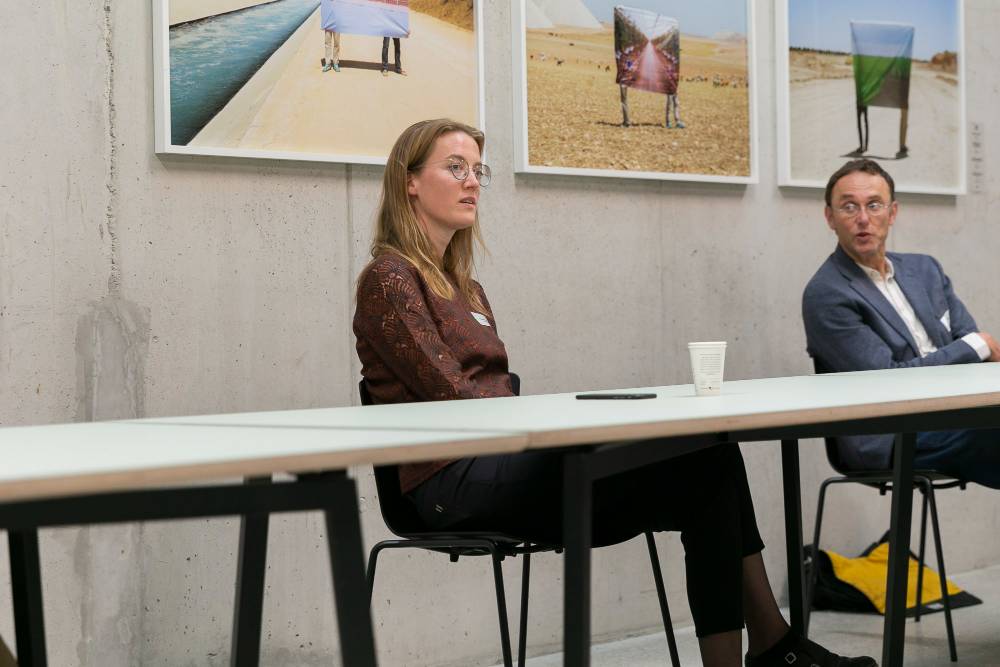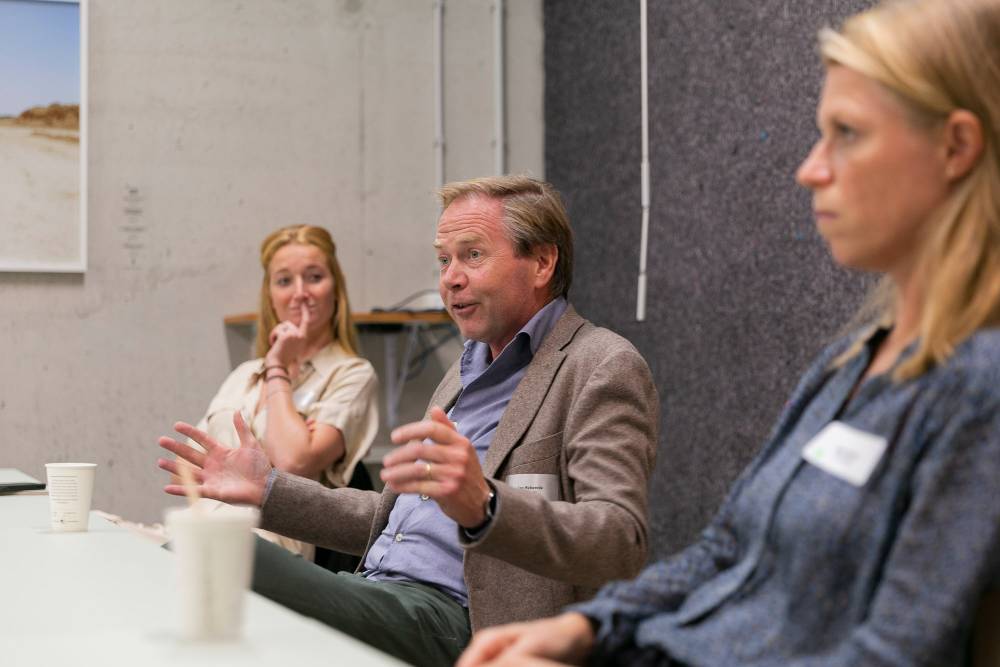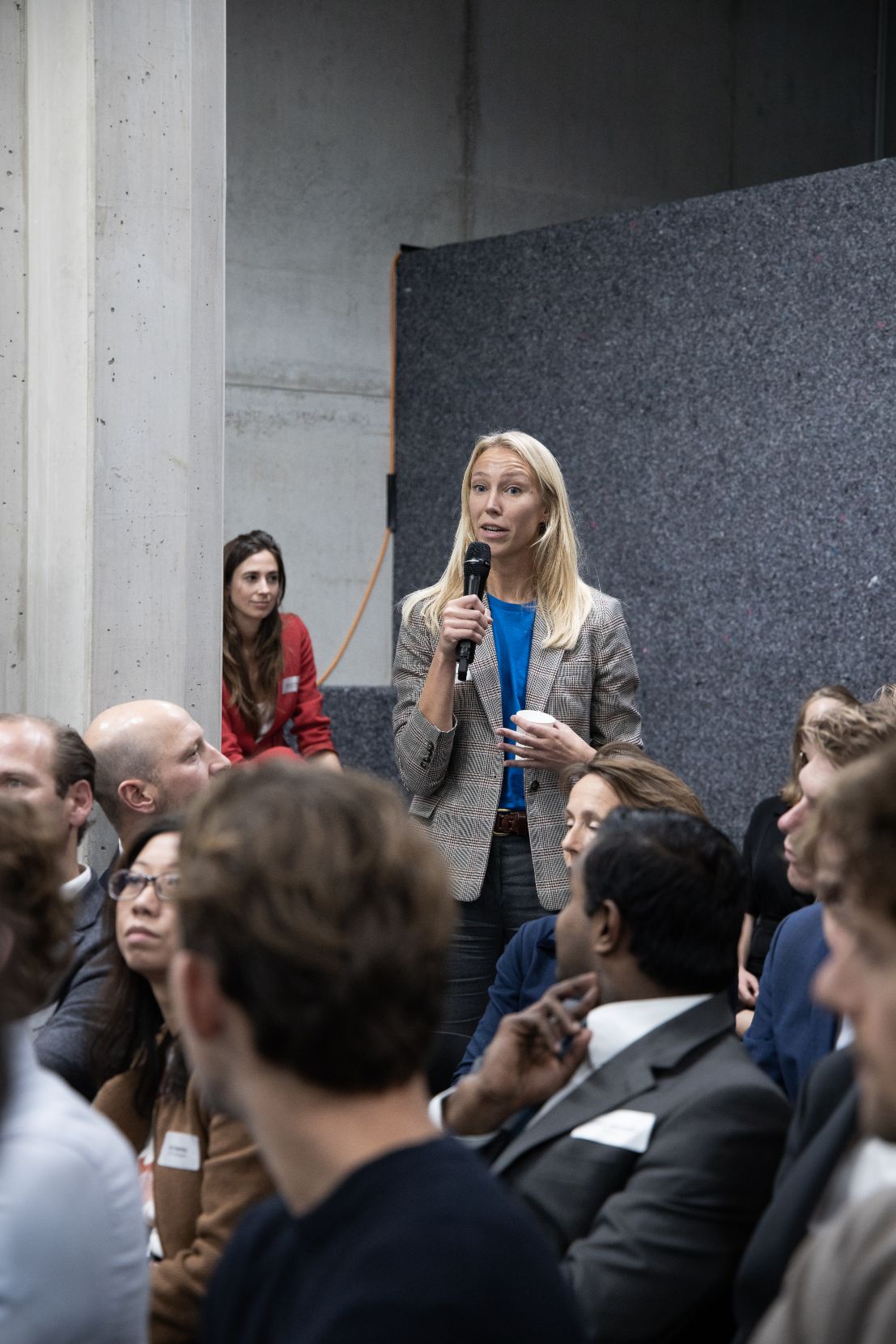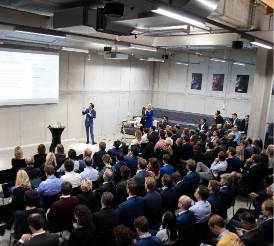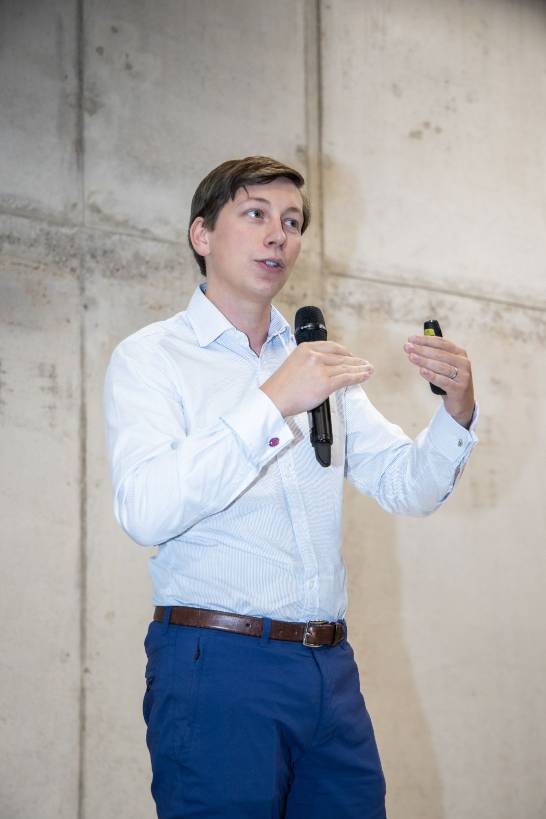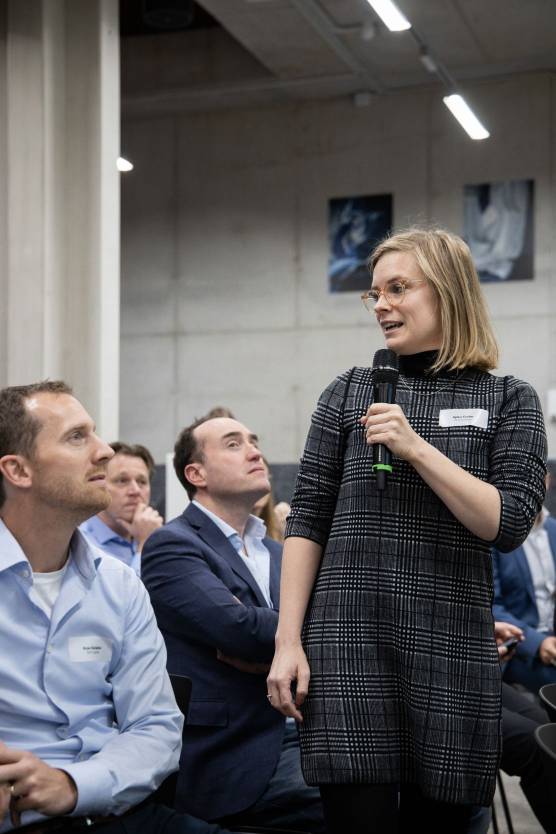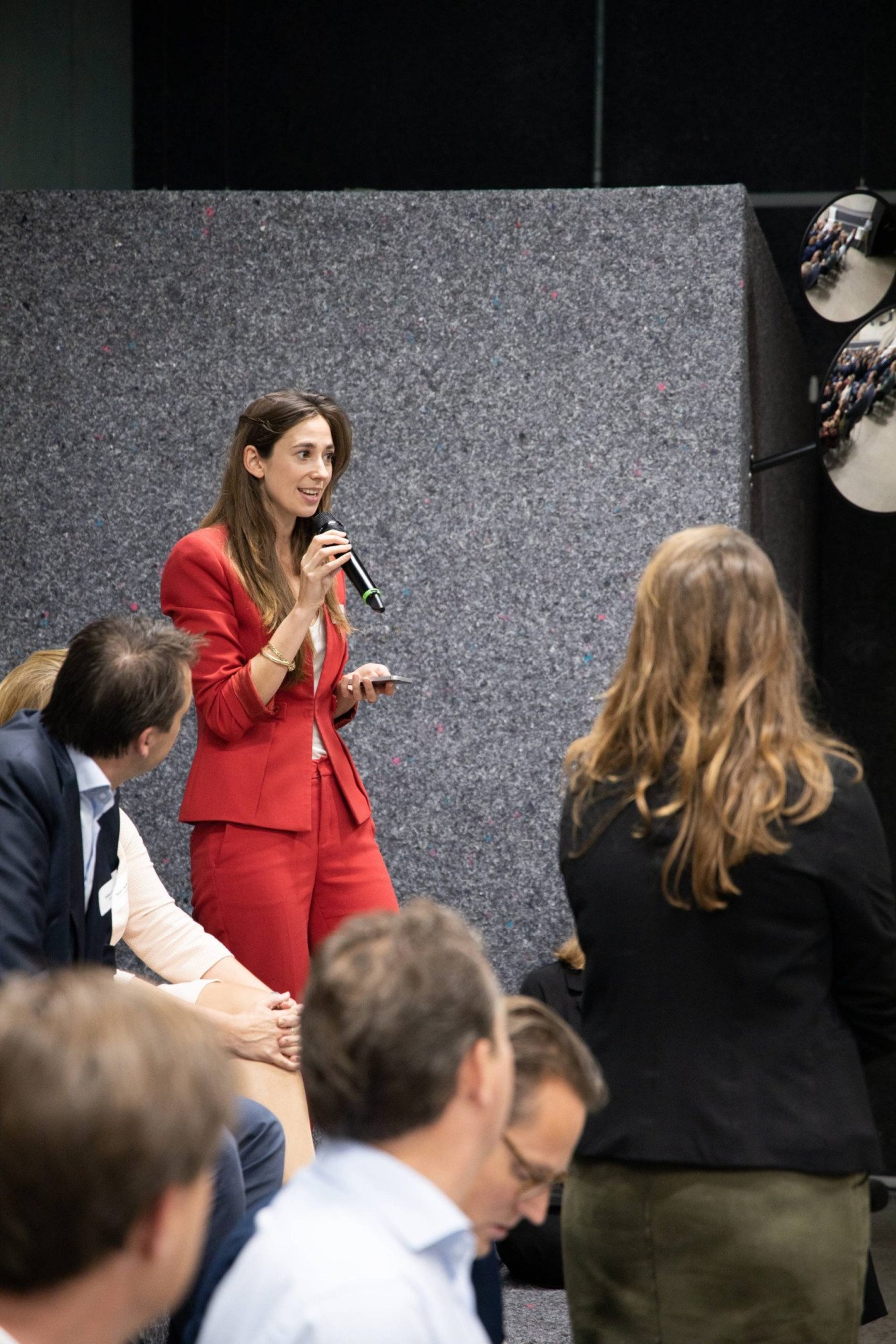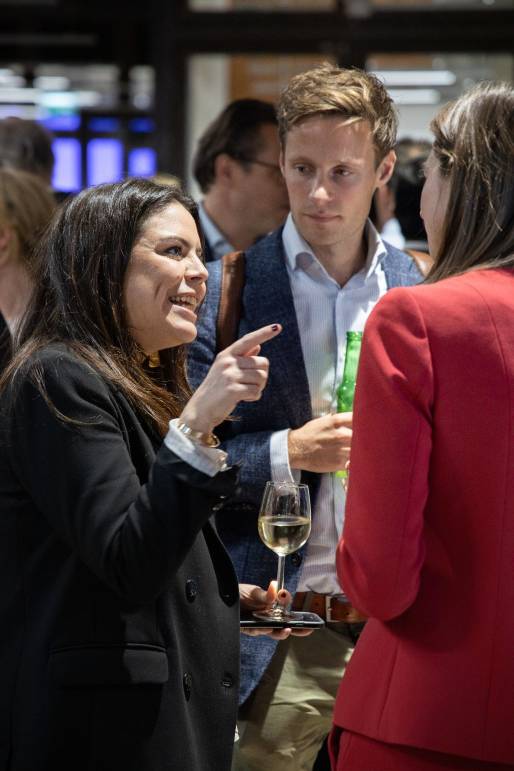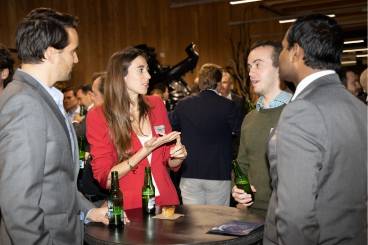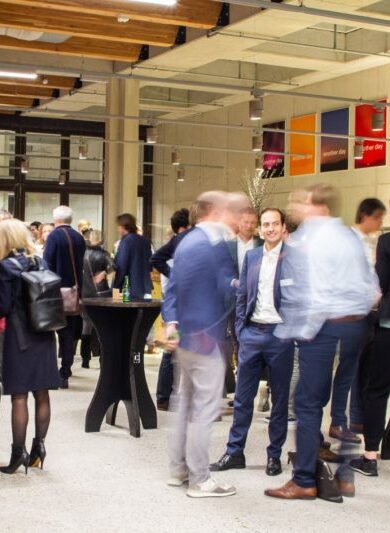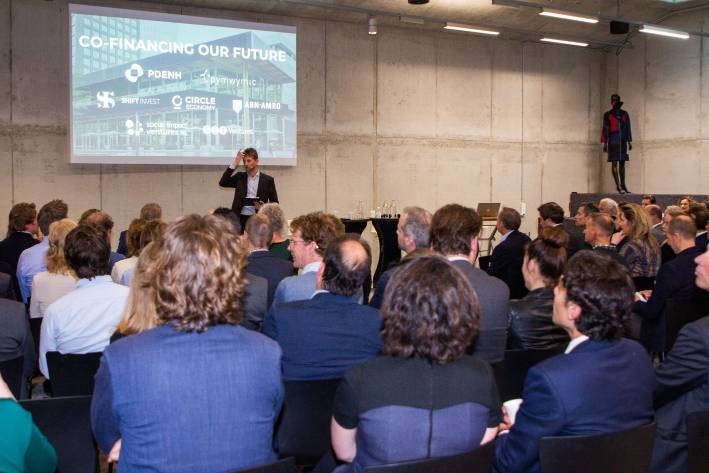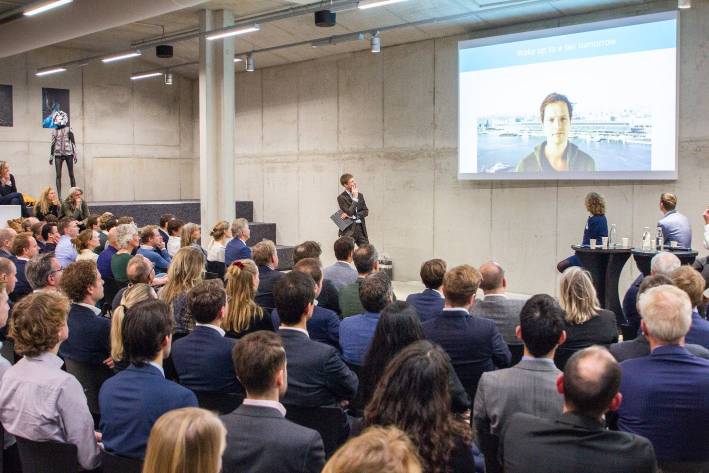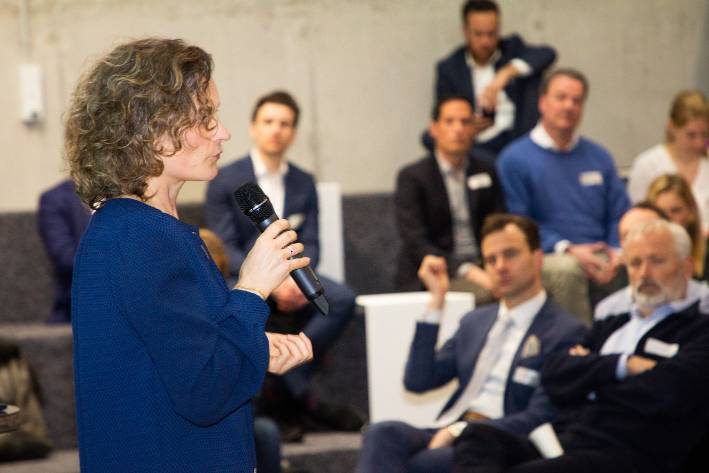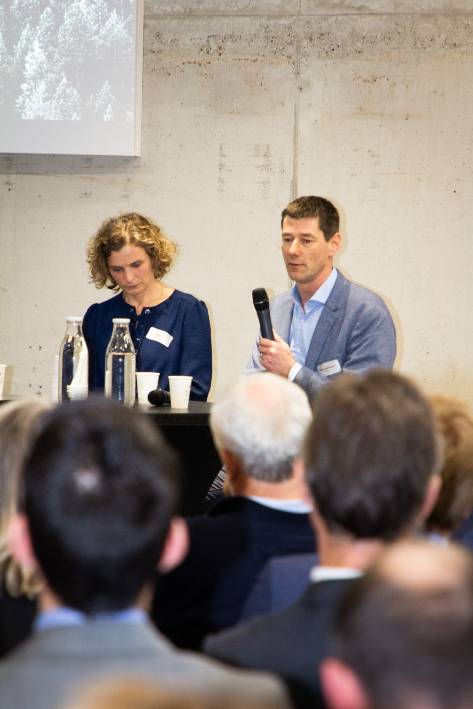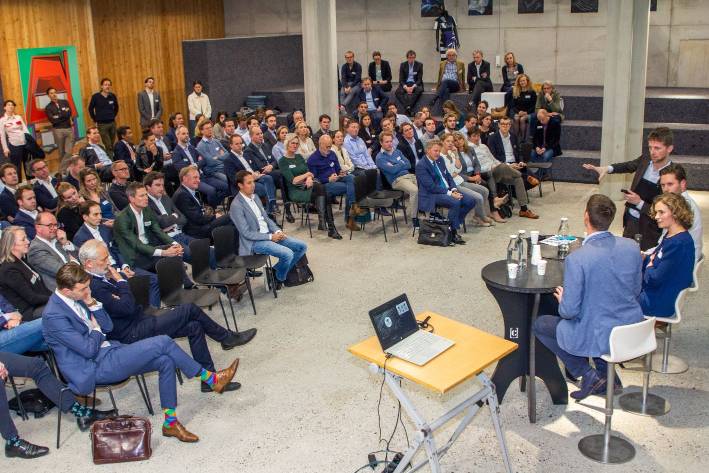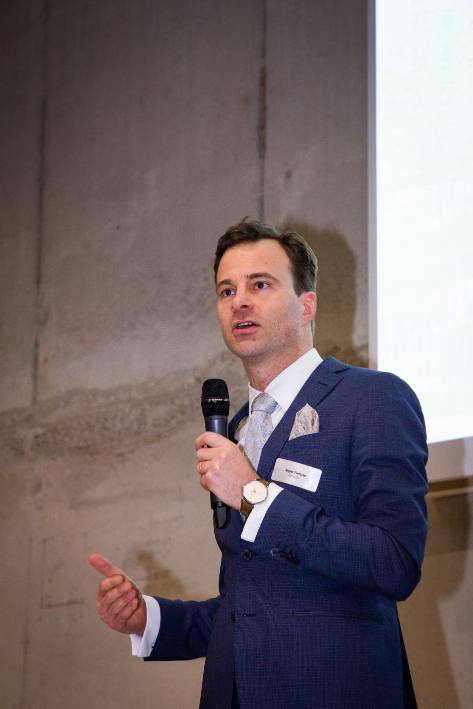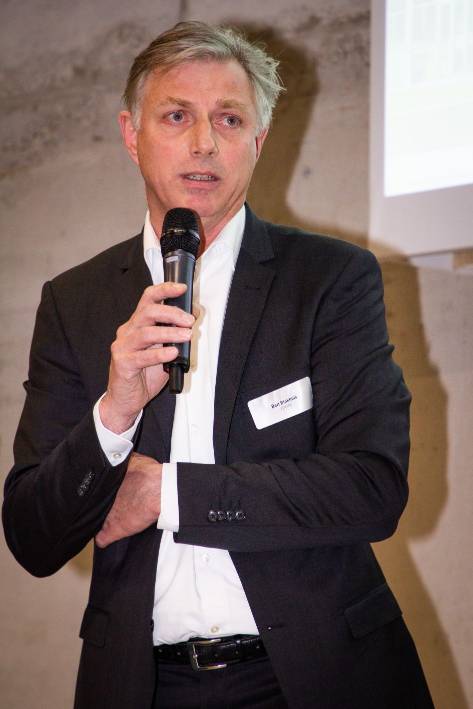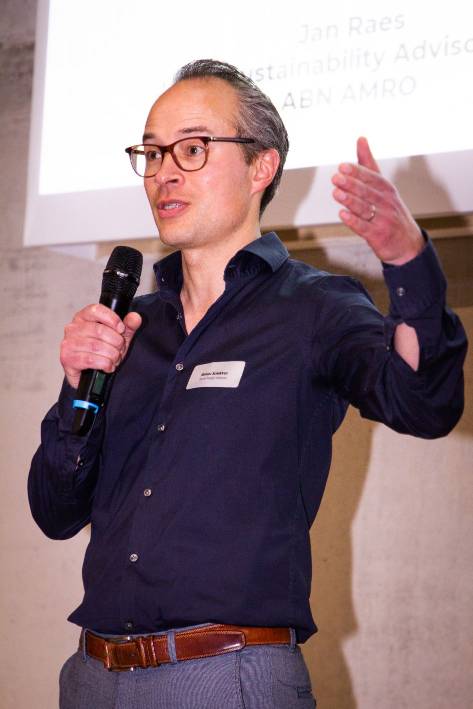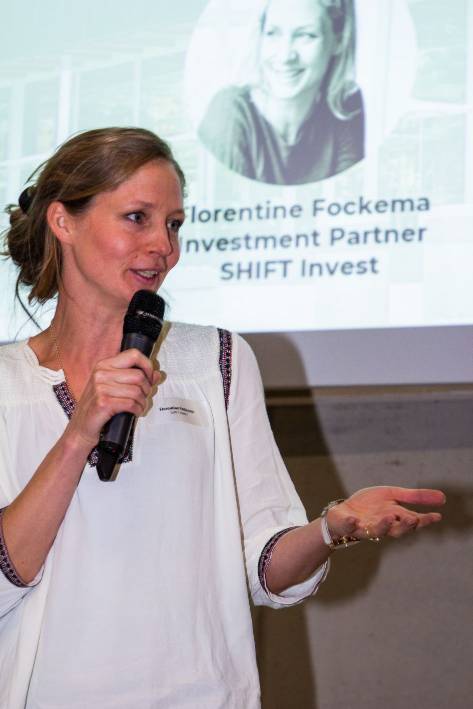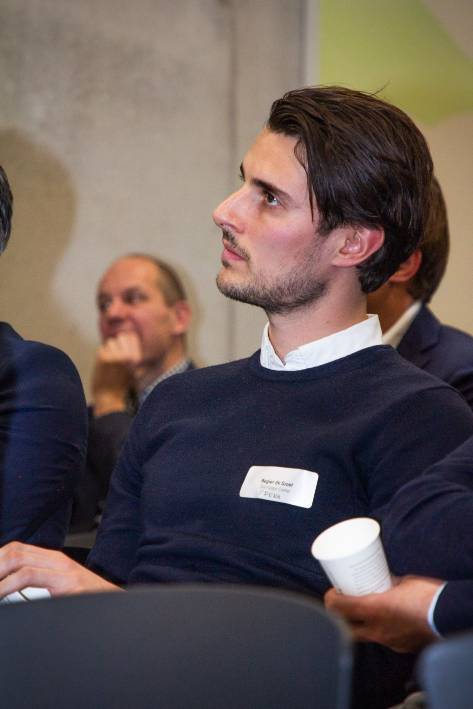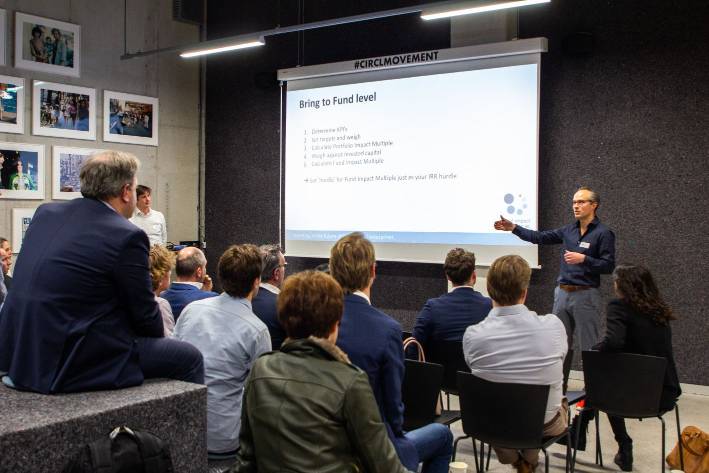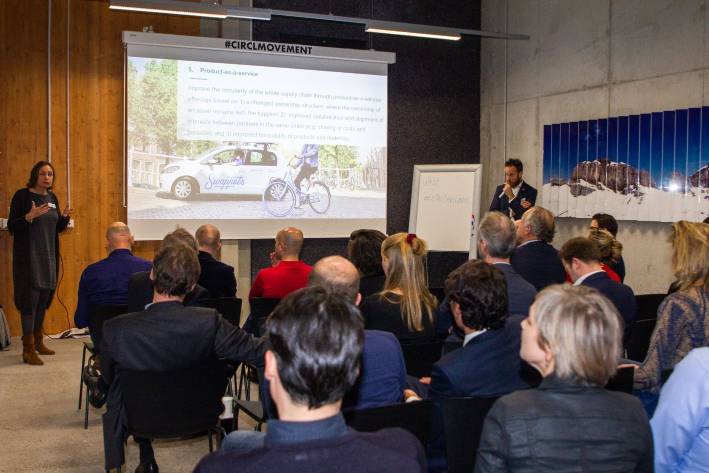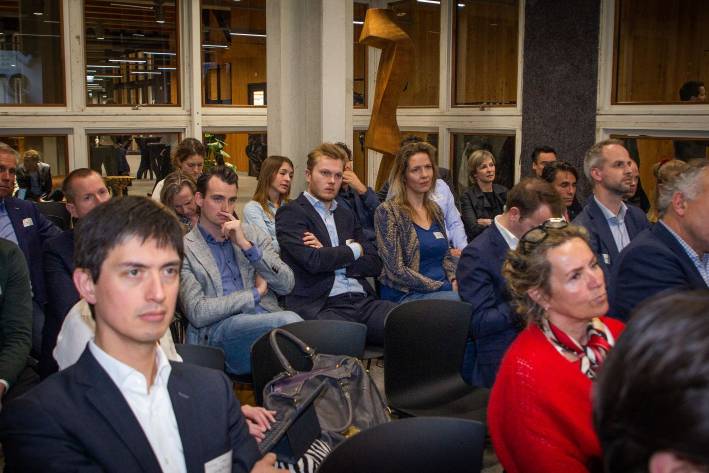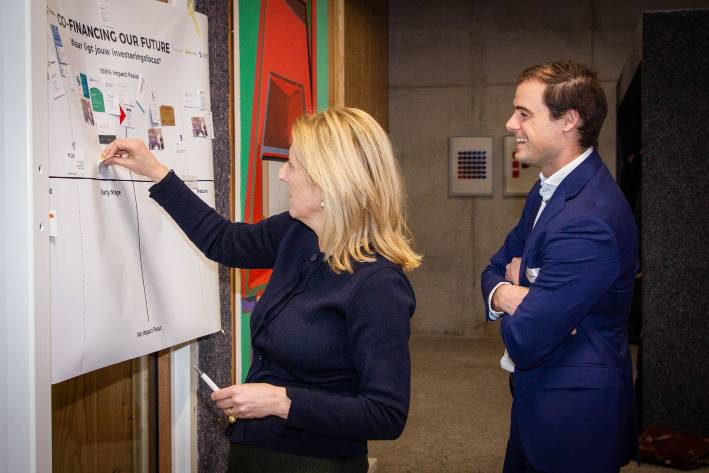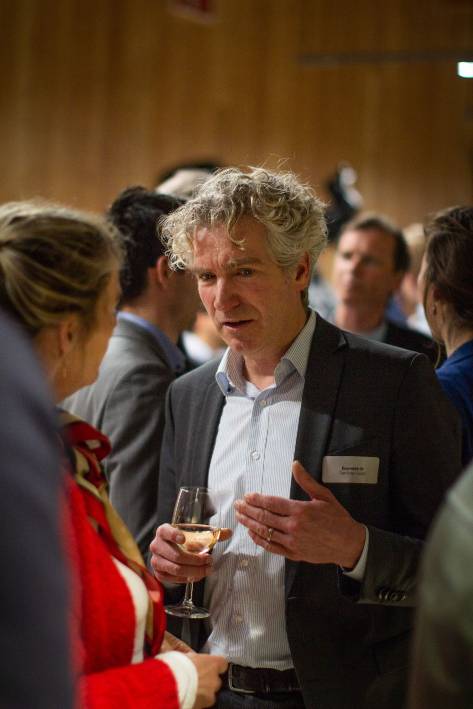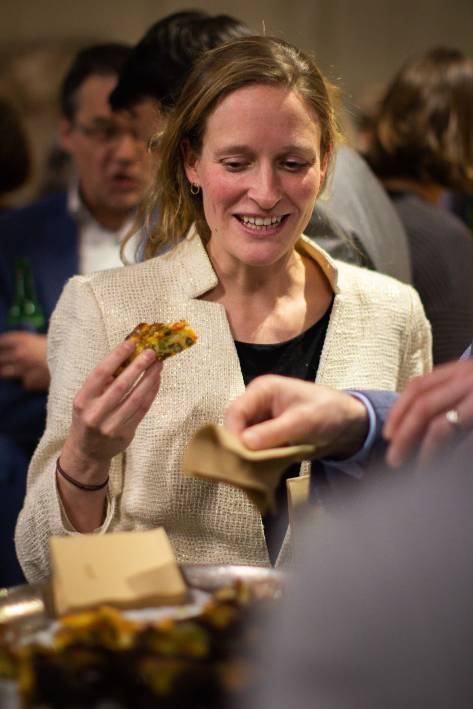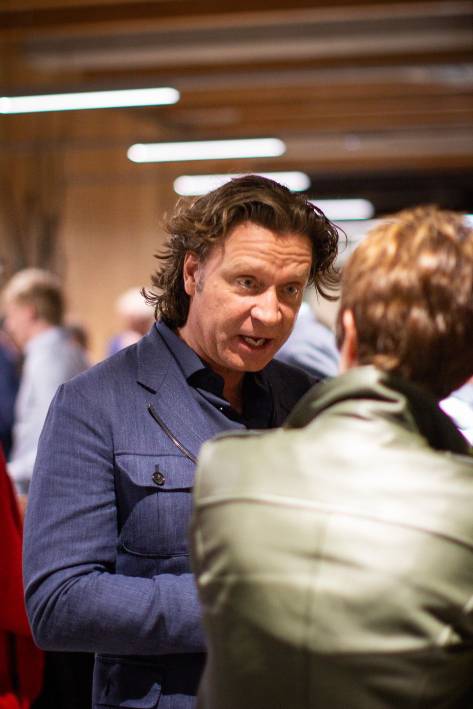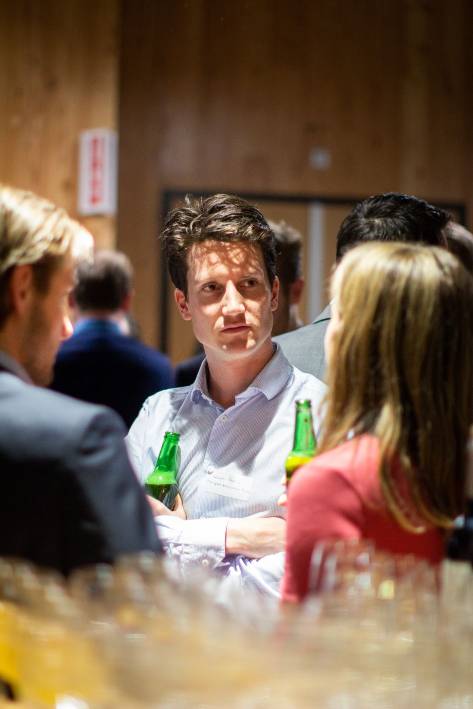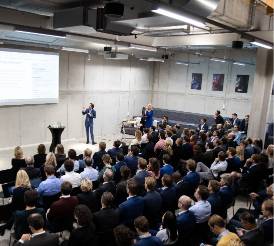During the CoFoF event on Dec 1, we explored how positive societal impact and market returns can go hand in hand. Please watch the full webinar here: https://bit.ly/CoFoF1Dec (password CoFoF2020).
“We have to become the architects of the transition to a more just and sustainable world. Let’s build capital coalitions to joyfully invest in the future instead of fearfully hanging onto the past”, Karl “Charly” Kleissner – founder Toniic
Mobilising all Capital for Impact
The Co-financing Our Future webinar kicked off with keynote speaker Karl “Charly” Kleissner, founder of Toniic, a global network of action-oriented impact investors. Kleissner stressed that we are at the beginning of a global transition, within the next few years we need to figure out how 10 billion people can sustainably live on our planet. Modern technology and an individual sense of consciousness is accelerating this transformation. The choice is ours. Kleissner explains that the design of our economic system is leading to unsustainable resource management, extreme inequality and poverty causing our systems to change as evidenced by climate change and white spread social unrest. Because of the fact that our economic system is focussed on the maximization of financial return, social inequality and climate change are not addressed, they are considered externalities. It is time to make them internalities.
Kleissner oppts there is only one way out of the current crisis – to become the architects ourselves of the great transition, to become the changemakers and act now. Enforce sustainability, circularity and resilience. On the financial and investment side we need to move from so called market returns to appropriate financial returns enabling every stakeholder to participate. We need to move to an impact economy, where impact investing goes beyond ESG. Kleissner explains that ESG is just good management practices, but it’s not impact investing.
However, how to move to impact investing? Kleissner states that first there needs to be a need to know what you own, second is to detoxify, don’t invest in something that is against your values, third is to apply ESG, fourth is exploring what market rate returns would mean in the context of impact and lastly the advice is to join impact investing networks and start investing in the future.
There are a few points on this road which Kleissner stresses:
1) Impact investment can generate market rate returns;
2) There is enough dealflow;
3) There are many successful players in the market which have proven their existence;
The regulatory hurdles and lack of a standardized measurement norm are subjects the sector is working on and is making progress in.
Kleissner ends with the note that now it is time to mobilize all capital for impact. It does not only make sense from a business perspective, but it is also the right thing to do, a moral responsibility of us all independent of where we sit.
The first panel consisted of Mirjam Niessen of DOEN Participaties, Gert Dijkstra of APG, Ali Najafbagy of 4Impact and Eric Buckens from ABN AMRO Social Impact Fund.
The panel discussion kicked-off with exploring the role of pension funds in impact investing. Dijkstra explained that APG, managing assets valued at 540 billion euros, is primarily looking at investments generating stable long term cash flows. However, because of the maturity of this market and level of competition, APG is moving now to smaller ticket sizes and investing in more innovative and sustainable business models. APG considers it key to be involved in this early stage to build knowledge and network. The last 5 years APG focussed on sustainable and responsible investment and has doubled this portfolio to 58 billion euros.
These individual steps are great news, however how can cooperation between impact minded and impact investors be improved? The exchange of knowledge is of great importance, for example with respect to impact measurement. Cooperation is key to creating a common language. Next a misconception is that impact funds are making less financial return, as also stated by Kleissner in the keynote speech. Impact investing combines both financial and impact return. As well it is important that the impact investors are well informed with respect to scope and terms & conditions of other impact investors – with whom can we co-invest? Which impact investor is more early stage or later stage? Gaps in the funding landscape need to be minimized. What needs to be done?
Exchange of dealflows
Share sector knowledge
Increase the scale of impact investing by cooperating with traditional financiers
Learning by doing. Understanding how every investor works, learning each other’s language, can be best achieved by doing deals together.
Janneke Niessen from Capital T, Machtelt Groothuis from Rubio Impact Ventures, Jasper Snoek from Fair Capital and Patrick Polak from Newion were part of the second panel. The panel started with the state of the impact investment sector, how is the sector performing on a global scale? Even though the sector is still quite young, The Netherlands is regarded as an active market. However the scale of the sector is growing slowly and that is why traditional financiers are warmly welcomed to co-invest.
Main learnings from this panel were:
When looking at the investing spectrum, you go from purely focussed on financial return to only focus on impact, philanthropy. Impact investing sits in the middle, where financial return is combined with impact return.
The investment market will move towards only impact investing, in 10-15 years impact investing is the new normal.
The term ‘Impact’ is diluting. ‘Do no harm’ is sometimes already referred to as impact investing, while this is the bare minimum and should already be the current status quo for investors. Clear terminology is required to define what is impact.
More benchmarks are required to break the myth of lower returns in impact investing.
There is a war on talent. Young talent wants to work at a company that is contributing to a sustainable footprint. This is part of motivation for traditional investors to move toward impact investing.

